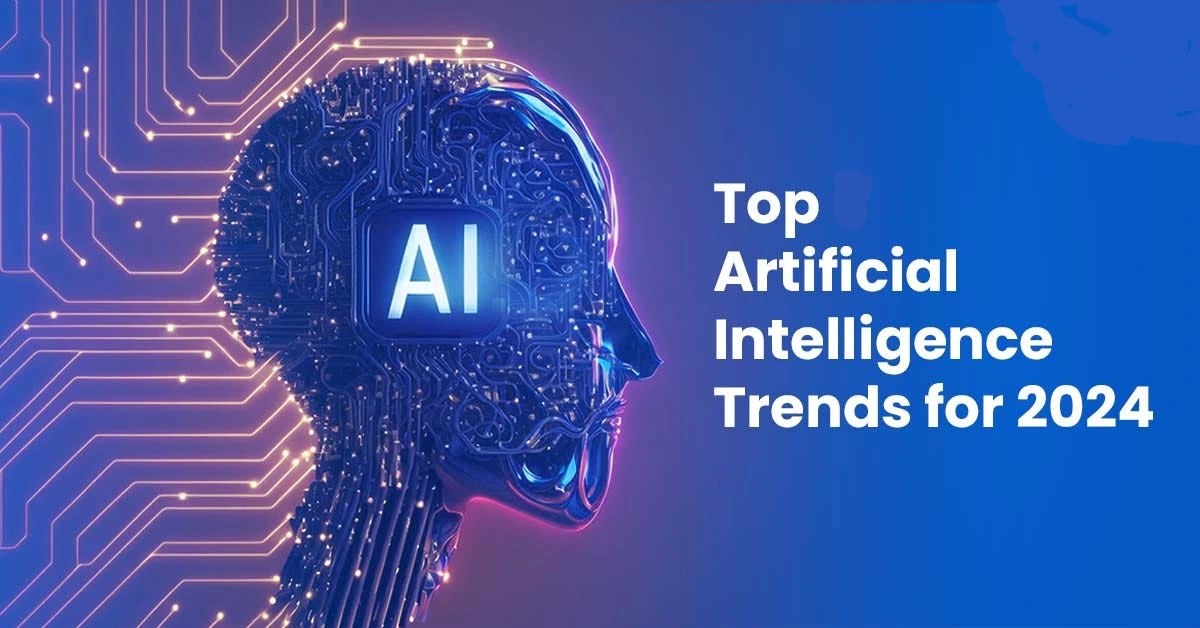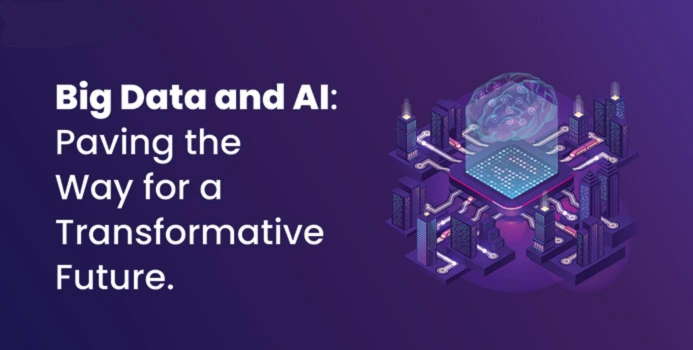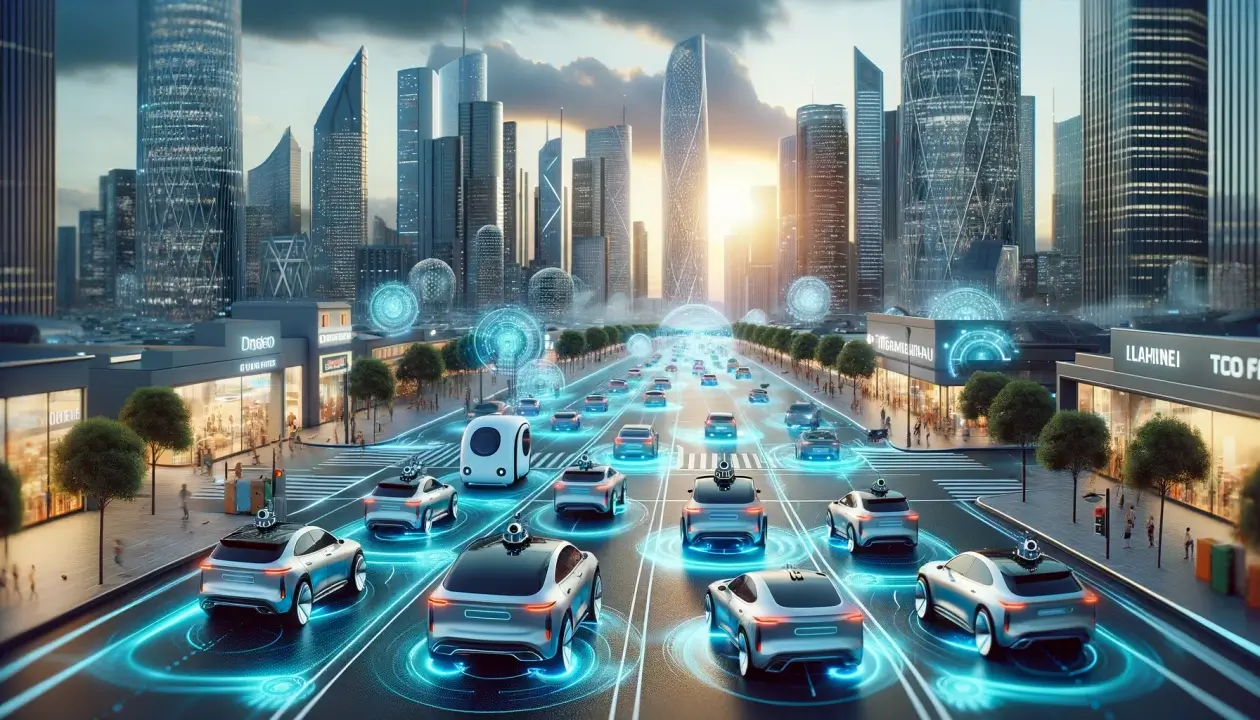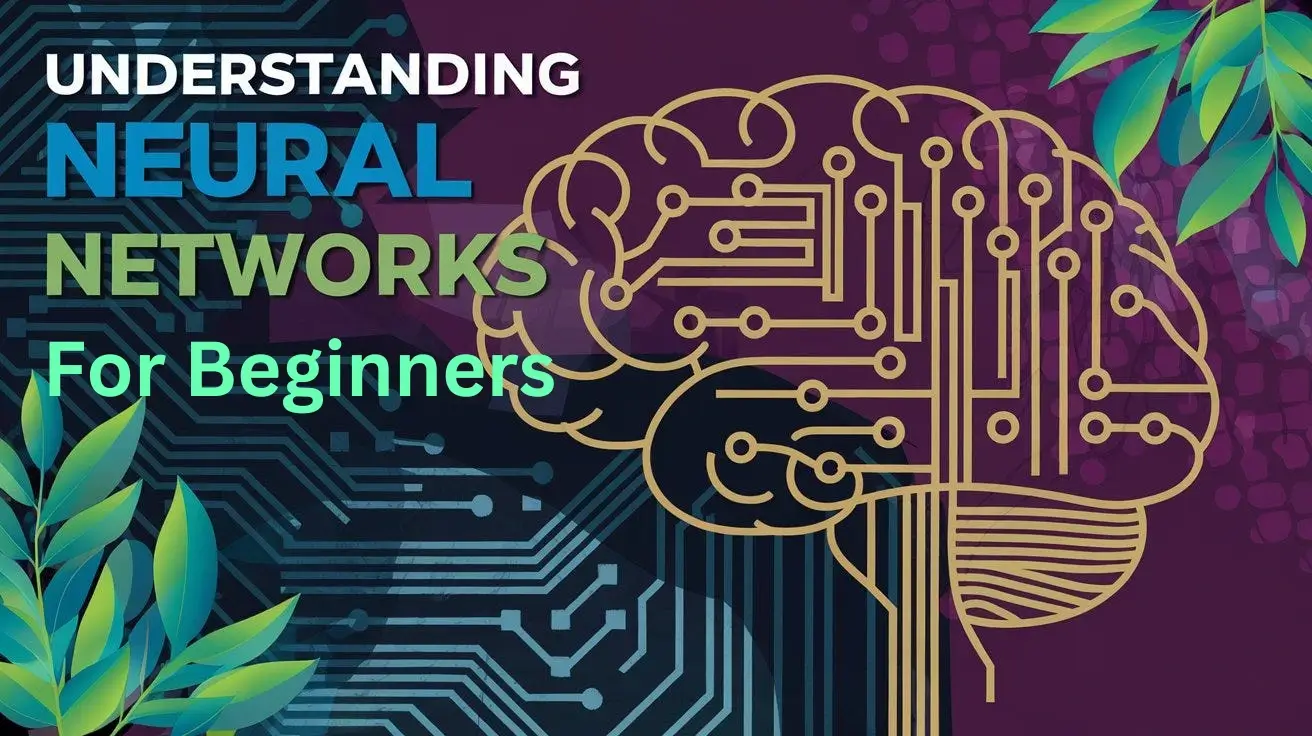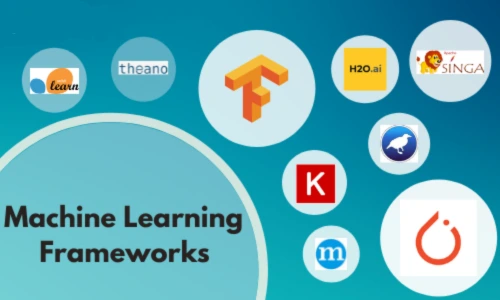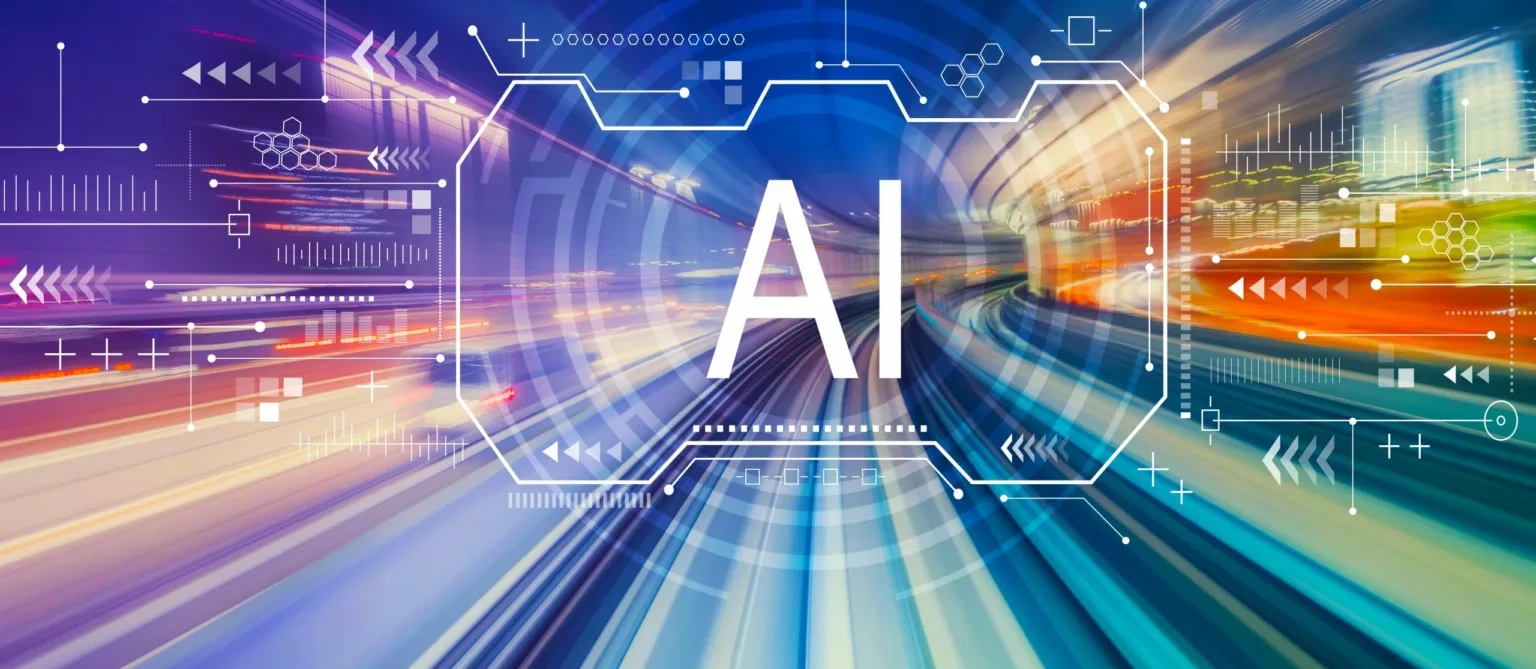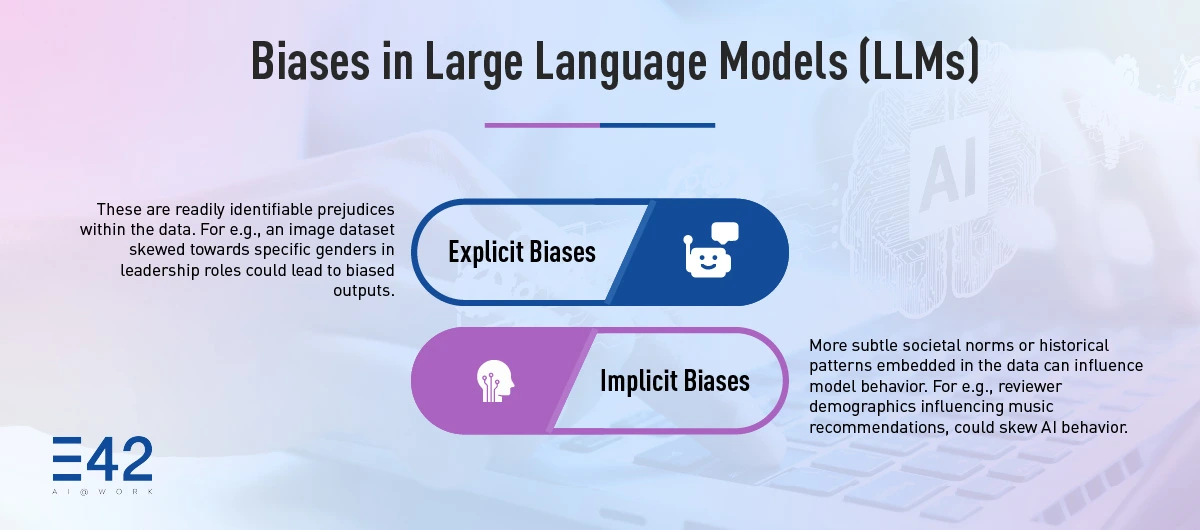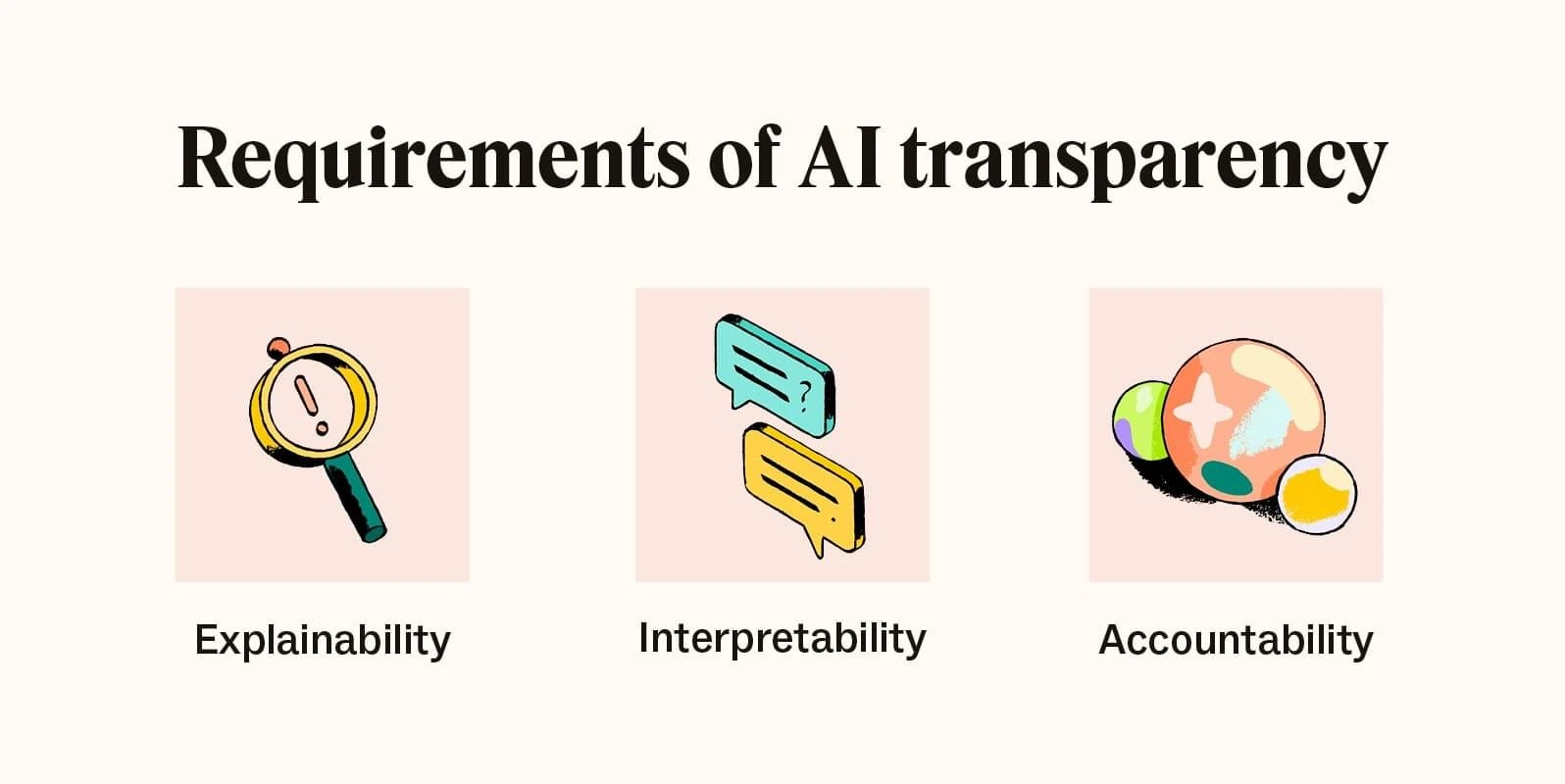Artificial intelligence has firmly established itself as one of the defining technologies of our time. By 2024, AI continues to evolve rapidly, influencing industries, workplaces, and everyday lives. This year brings new opportunities, challenges, and ethical considerations. Let’s delve into the landscape of AI in 2024, exploring emerging trends, how AI is reshaping our routines, and the profound impact it has on the workforce.
Where AI Stands in 2024
AI is no longer confined to research labs or tech giants; it’s woven into the fabric of everyday life. From the predictive suggestions on streaming platforms to AI-driven customer service tools, its reach is vast. In 2024, advancements in natural language processing (NLP) and generative AI continue to dominate discussions. Large language models are becoming smarter, offering users more contextually accurate and personalized responses.
Industries like healthcare, education, and manufacturing have embraced AI at unprecedented levels. For instance, AI-powered diagnostics are reducing patient wait times, while automated tutors are transforming how students learn.
Emerging AI Trends
Generative AI Beyond Text
Generative AI is no longer limited to crafting written content or images. In 2024, its applications have expanded to video generation, music composition, and even creating 3D digital environments. Tools that allow users to describe a scene and render a 3D model are making waves in industries like gaming and architecture.
AI in Everyday Life
Voice assistants are becoming more intuitive, not just responding to commands but anticipating needs. For example, smart home devices can now adjust settings based on user habits, like pre-heating the oven at a specific time or dimming lights when it’s bedtime.
Ethics in AI
With great power comes great responsibility. AI’s growing role raises ethical questions about data privacy, surveillance, and decision-making biases. Governments and organizations are working to implement regulations that ensure AI is used responsibly and transparently.
AI’s Role in the Workforce
AI has created a paradox in the workplace: it’s automating repetitive tasks while simultaneously creating new job opportunities. Workers are upskilling to adapt to this changing environment, transitioning from routine tasks to roles requiring creativity and problem-solving.
At the same time, AI is driving efficiency. In logistics, for instance, AI algorithms optimize delivery routes, saving companies time and fuel costs. In creative fields, tools like AI-powered design assistants are helping professionals focus on strategic tasks while automating repetitive processes.
Natural Language Processing Takes Center Stage
NLP is one of the most significant advancements in AI today. Large language models are helping individuals and businesses communicate more effectively. Chatbots are now capable of holding natural conversations, making them invaluable in customer support roles.
Beyond communication, NLP is playing a critical role in fields like law, where it’s being used to analyze and summarize lengthy legal documents, saving professionals countless hours.
Ethics and AI: Walking a Fine Line
The rapid rise of AI has led to numerous ethical dilemmas. Deepfake technology, for example, has sparked concerns about misinformation. Meanwhile, biases embedded in AI algorithms have caused unintended harm, such as discriminatory hiring practices.
Policymakers and developers are focusing on creating transparent AI systems that can explain their decision-making processes, building trust with users and preventing misuse.
Future of AI and Job Automation
AI is reshaping traditional career paths. Roles once deemed irreplaceable are now being supported—or in some cases, replaced—by AI tools. While this raises concerns about job displacement, it also creates opportunities for innovation.
For example, AI-powered tools are helping small businesses manage inventory, streamline marketing campaigns, and provide 24/7 customer support. Workers are also embracing roles as “AI supervisors,” monitoring and optimizing the performance of AI-driven systems.
Personal Observations and Relatable Insights
AI has crept into my own life in ways I never imagined. Just last week, I used an AI-powered writing assistant to help me draft an email. What amazed me wasn’t just the time I saved, but the personalized touch the tool added—it felt like I’d written it myself.
On the flip side, relying on AI can feel unsettling. I once used a generative AI tool to brainstorm ideas for a project, and while the suggestions were innovative, they lacked the emotional depth I was looking for. This highlights the importance of human oversight in creative processes.
What Lies Ahead
AI in 2024 is just the tip of the iceberg. Technologies like quantum computing promise to unlock even more potential, enabling AI systems to process information at speeds we can barely imagine today. At the same time, the focus on ethics and transparency ensures that as AI grows, it remains a force for good.
As we move forward, collaboration between humans and AI will define the future. By leveraging AI’s capabilities while maintaining our humanity, we can create a world where technology serves everyone.
